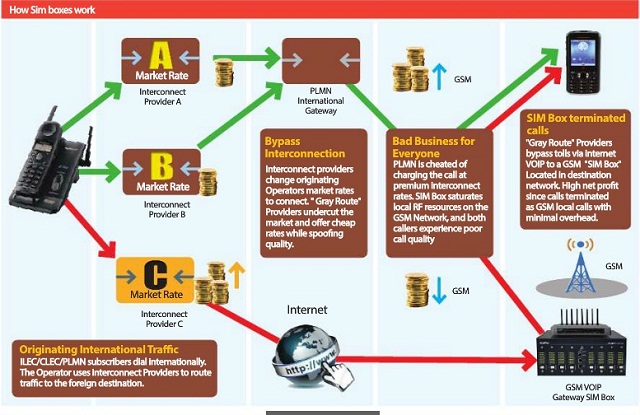But Gouldie’s troubles are bigger than just bad blood with the UCC honchos. The subsidiary of South Africa’s MTN Group, Africa’s largest mobile networks operator, saw its subscriber base slump to 8.9 million although the operator remains the biggest in Uganda followed by India’s Bharti Airtel.
Although mobile penetration in the country remains at about 40 percent, some feel that Gouldie has not done much to expand the telecom’s subscriber base. Observers, however, say that it is still a rough time in the sector. It is only in 2013 when Warid was forced to sell its holdings to India’s Bharti Airtel and in 2014 when France’s Orange sold to Africell.

During the SIM card registration operation, MTN Uganda lost about 2.7 million subscribers, whose SIM card had not been registered. This ate deep into the company’s revenues. Definitely the shareholders were not happy at what they saw as negligence on the part of the company’s management.
An official in management confirmed to The Independent that the operator is facing pressures over declining revenues something the shareholders need reversed. MTN in 2015 registered a 23% drop in net profits. The company attributed the drop to a slow economy and a weak shilling, which increased expenses.
Apart from this, MTN shareholders are also concerned that the company continues to lose value to grey traffic. Grey traffic refers to international calls that are terminated by illegal dealers using ‘simboxes’ to make them appear as local calls.
MTN has invested in ‘simbox’ detection software but shareholders feel that enough is not being done. This is why the company led efforts in multiple negotiations to get government scrap the excise duty on incoming international calls.
These negotiations led the Finance Ministry to propose the removal of the $0.09 per minute duty on incoming international calls. “The complete removal of the duty was necessary due to unregulated operators routing incoming international calls via One Network Area countries and other routing mechanisms, which had led to a significant reduction in the volumes of inbound traffic and interconnect fees for the resident telecom operators. This had a corresponding negative impact on the tax revenues generated by the resident operators,” the bill reads.
Telecom companies had convinced the government that international incoming calls to Uganda are diverted to countries such as Kenya and South Sudan before getting routed to Uganda. And as such, by the time the calls made it to Uganda, they are billed as One Network Calls, leading to a loss in revenue for the telecom companies.
Incoming international calls to Uganda are increasingly routed through Kenya because it is cheaper given that Kenya does not charge the $ 0.09 that Uganda imposed.
And calls from Kenya to Uganda are not subject to the nine US cents international calls levy because Kenya is part of the One Network Area.
Since the one network was introduced, sources say MTN alone has seen a reduction of up to 30% in incoming international calls direct to Uganda. This has had the negative effect of reducing revenue to the telcos and as a result, a reduction of tax revenue for the government.
When MTN Uganda released its financial results early this year, they showed that incoming voice revenue had declined by 5% to Shs 141.7 billion at the end of 2015.
“Incoming voice revenue was impacted by the East African One Network Area, which gives rise to grey routing by international operators due to high excise duty,” Gouldie told reporters in March, “Use of Over-The-Top calling opportunities have also become more prevalent due to excise duty.”
Earlier figures showed that traffic on international calls had slumped to about 3 million minutes in December 2015 from 9 million the previous year. Yet the traffic from the one area network has more than doubled.
As such MTN told the government that it was not only them losing revenue, government was also losing excise duty. Estimates indicate that the government is losing between Shs 8-10 billion.
However, President Yoweri Museveni declined the proposal to scrap excise duty saying it would deprive the government of revenue. He said that he had been informed that the reduction in revenue that the telcos were raising was not as a result of calls being terminated in Kenya and South Sudan but the illegal Simboxes both within Uganda and at the borders.
“Therefore, the removal of Excise duty will not lead to an increase in incoming international calls but will benefit the illegal Simbox owners and lead to loss of government revenue,” Museveni wrote to Speaker Rebecca Kadaga early this year, “It is for the above reason that I exercise my powers under Article 91 of the Constitution to return the Excise Duty (Amendment) Bill, 2016 for reconsideration of Clause 3, which repealed the Excise on incoming international calls.”
 The Independent Uganda: You get the Truth we Pay the Price
The Independent Uganda: You get the Truth we Pay the Price





